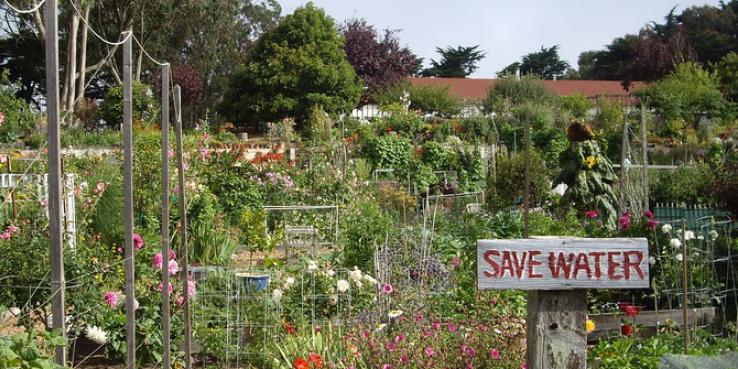After many months of planning, San Francisco’s new urban agriculture program launched in January. The program, housed in the Recreation and Parks Department, is tasked with meeting a broad set of goals originally set in 2012 legislation passed by the Board of Supervisors. Looking at how to increase the city’s support for urban farmers and gardeners, the program recently released details about its first year priorities.
Speaking at the April meeting of the San Francisco Urban Agriculture Alliance, Hannah Shulman, the newly hired urban agriculture coordinator, detailed the program’s top goals for the first twelve months. The priorities include:
- Establishing three urban agriculture resource centers. (The first resource center, located at the edge of Golden Gate Park in the Inner Sunset, opened this past weekend.)
- Developing and beginning implementation of a strategy to reduce the community garden waiting lists.
- Becoming the “one stop shop” for answering questions and directing gardeners and farmers to city resources. This includes updating the city’s urban agriculture web page so that it provides centralized information for gardeners and farmers.
- Finalizing the rooftop audit that was partially completed last year.
Alongside these specific outcomes, Ms. Shulman also reported that she would be working to streamline the application process for starting am agriculture project on public land; increase the transparency of the city’s urban agriculture efforts by providing periodic reports to the Recreation and Parks Commission; and publish details about how various departments’ funding for urban agriculture is being spent.
The work plan includes many of SPUR’s recommendations for how to make the most of the program’s first year. And, by putting forward concrete goals with a specific timeline, the urban agriculture program is bringing a new and welcome level of clarity, organization and accountability to the city’s broad efforts to support urban agriculture. This kind of coordination and transparency is exactly what the 2012 legislation called for, and it is encouraging to see the program off to such a promising start.
